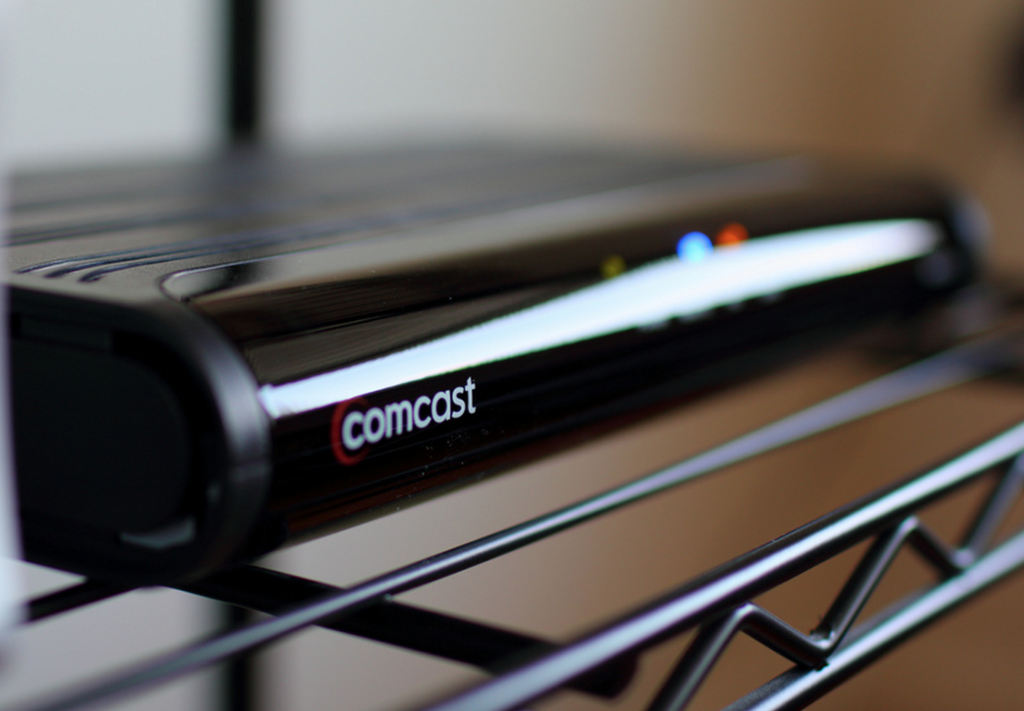Comcast Customers Sue Cable Giant For Making Their Home Routers Into Wifi Hotspots

(Mr.TinDC)
Of course Comcast customers can connect to Comcast wifi at home. That’s the point. But Comcast wants Comcast customers to be able to connect to Comcast wifi no matter where they are. To that end, they’re building a massive nationwide network of hotspots for their Xfinity customers… by using their other Xfinity customers as a source. The service has been controversial since Comcast first announced it, and now that controversy has turned into legal trouble.
SF Gate reports that two San Francisco-area residents are now suing the broadband behemoth over the way Comcast is turning every home into an Xfinity wifi hotspot.
Customers who have new Comcast cable modems basically have two simultaneous wifi networks in their homes: one is the one they’ve set up for their own use, with its own name and password, and the other is created by Comcast and works as part of its Xfinity hotspot network. Comcast has been aggressively (and misleadingly) pushing subscribers into modem upgrades that support the wifi hotspots.
In response, two Californians have filed a class-action suit (PDF) in San Francisco claiming that by creating this network, Comcast is “exploiting them for profit.” Even more so than Comcast’s standard business model of exploiting customers for profits.
Consumers can disable the second wifi network but it’s opt-out, not opt-in — and some reports indicate that disabling it doesn’t always work. According to the lawsuit, enabling it by default means Comcast is simply moving the costs of having and maintaining a national wifi network onto consumers instead.
The suit claims that heavy use of the secondary network can be a significant burden in electricity costs for subscribers. The suit cites a study that found that heavy use of the secondary Xfinity network adds “30 to 40% more costs to a customer’s electricity bill” than the modem by itself does. On a national scale, the suit says, Comcast is pushing “tens of millions of dollars per month of the electricity bills needed to run their nationwide public Wi-Fi network onto consumers.”
Aside from electric costs, Comcast consumers who have the new modems in their homes may want to be wary of the Xfinity network anyway: the hotspots have the potential to be a security risk.
UPDATE: In an e-mailed statement, a Comcast representative told Consumerist, “We disagree with the allegations in this lawsuit and believe our Xfinity WiFi home hotspot program provides real benefits to our customers.” They added, “We provide information to our customers about the service and how they can easily turn off the public WiFi hotspot if they wish” in their online FAQ.
Comcast sued for turning home Wi-Fi routers into public hotspots [SF Gate]
Want more consumer news? Visit our parent organization, Consumer Reports, for the latest on scams, recalls, and other consumer issues.

